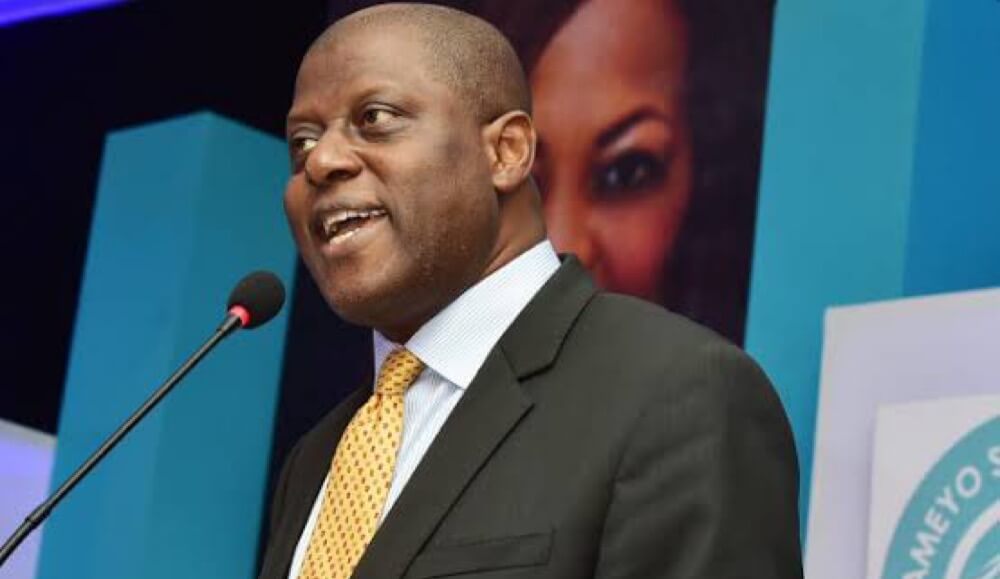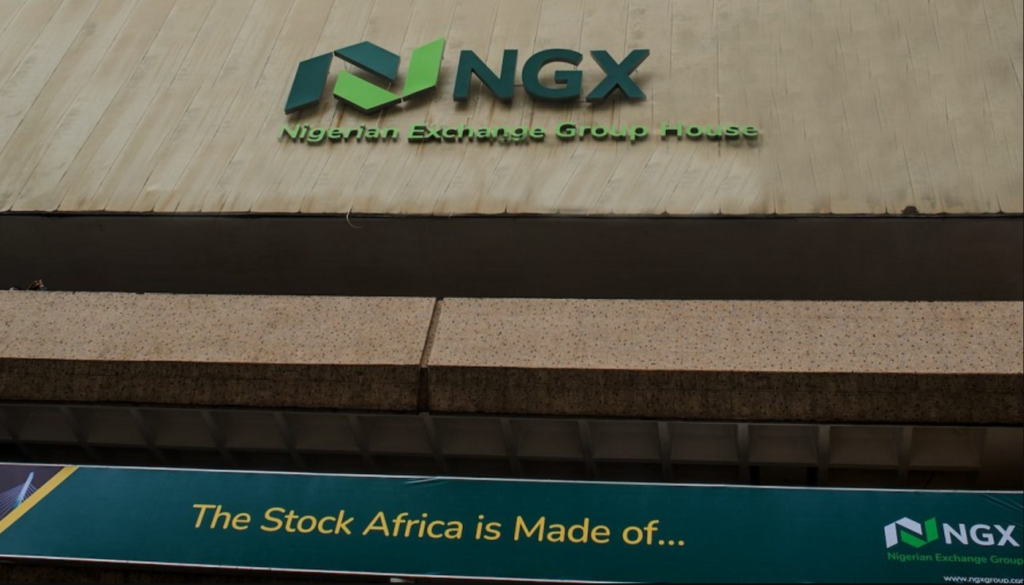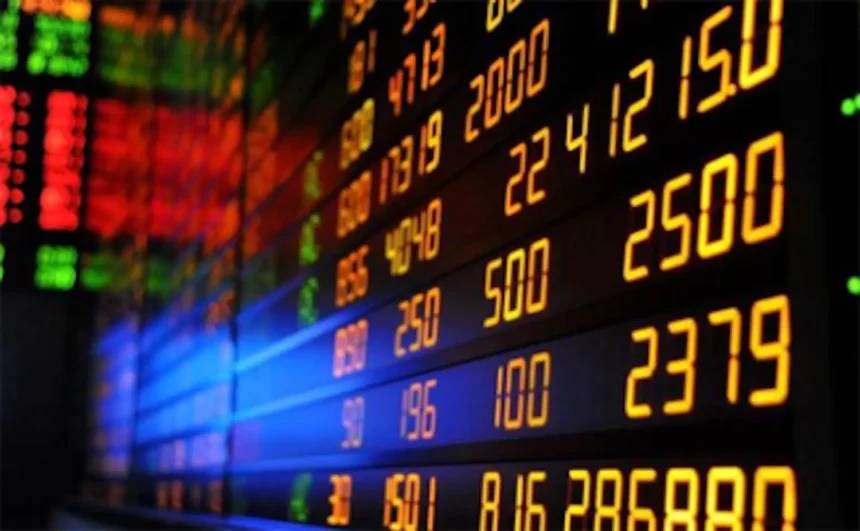Due to the new monetary policy, investors lost N1.5 trillion in stocks.
Following the significant changes to the Central Bank of Nigeria’s (CBN) Monetary Policy Rate (MPR) during yesterday’s Monetary Policy Committee (MPC) meeting, investors in the Nigerian stock market lost over N1.5 trillion of their capital.
Recalling that the meeting increased the MPR from 18.75 percent to an equally unprecedented MPR height of 22.75 percent, an increase of 400 basis points.

The NGX market capitalization, reflecting the total value of investments on the Nigerian Exchange Limited, witnessed a decrease from N55.810 trillion on Monday to N54.317 trillion at the close of trade on Wednesday.

On Tuesday, the announcement of the new MPR by CBN Governor Yemi Cardoso led to a downturn in the stock market, causing investors to incur losses amounting to N773 billion. Subsequently, on Wednesday, the market further declined, witnessing an additional drop of N720 billion.
Simultaneously, the NGX All Share Index (ASI), a crucial indicator of market performance, experienced a consecutive decline over the two days, registering a 2.7 percent decrease. The ASI concluded at 99,266.02 points on Wednesday, down from the 101,995.53 points recorded on Monday.
Detailed trading analysis revealed that the NGX ASI exhibited a 1.4 percent decline on Tuesday and an additional 1.3 percent on Wednesday. Market activities indicated a lower trade turnover compared to the preceding session, with the value of transactions decreasing by 4.8 percent. Notably, 396.23 million shares, valued at N5.83 billion, were exchanged in 10,549 deals.

Analysts attribute the bearish trend in the stock market to selloffs in highly-priced stocks and profit-taking activities in blue-chip companies. This trend exerted downward pressure on the benchmark NGX All Share index, which closed lower in response to the 4% increase in the Monetary Policy Rate (MPR).
In response to the market movement, analysts at Investdata noted, “This position did not come as a surprise to many. Olayemi Cardoso, the new CBN Governor, had signaled this since November 2023, coupled with the failure to hold a monetary policy meeting for an extended period.
The inflation rate has climbed to almost a 28-year high at 29.9%, marking the highest level since Nigeria returned to democracy in May 1999. Additionally, the naira has depreciated by almost 70% against the dollar in the New Year of 2024.”











